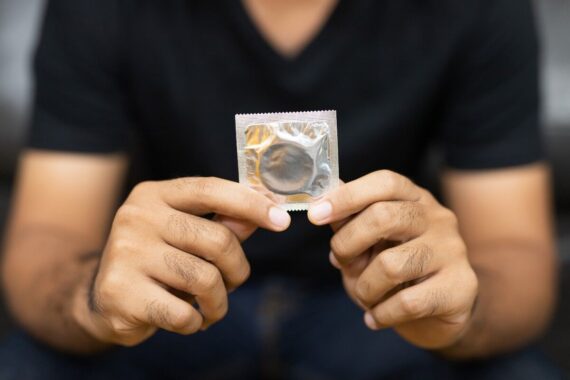Antibiotic-resistant gonorrhoea cases are rising in England, the UK Health Security Agency has warned.
Some 42 cases of gonorrhoea recorded in England in the last 10 years have been resistant to ceftriaxone, the first line antibiotic used to treat gonorrhoea.
And 15 of those were also resistant to second line treatment options.
Although numbers remain low, the UKHSA said the frequency of cases had been rising in the last few years.
Of the 42 ceftriaxone-resistant cases reported in the last decade, 17 were reported between January 2024 and March 2025. This compares to 16 across the previous two years between January 2022 and December 2023.
And of the 15 extensively drug-resistant (XDR) cases that were also resistant to second line treatment options, nine were reported between January 2024 and March 2025. This compares to five cases in total in the previous two years between January 2022 and December 2023.
The majority of cases have been linked to travel to or from the Asia-Pacific region, where ceftriaxone-resistance is common, the UKHSA said.
‘While transmission within England has been limited so far, the increasing number of cases in recent years is concerning as it increases the chance of wider spread and treatment challenges,’ it added.
Dr Katy Sinka, consultant epidemiologist and head of the STI [sexually transmitted infection] section at UKHSA, warned that untreated gonorrhoea ‘can cause serious problems like pelvic inflammatory disease and infertility’.
And she said that increasing resistance to antibiotics could make the infection untreatable in the future.
Dr Sinka highlighted that ‘the best way to stop STIs is by using a condom’, and those who have had condomless sex with a new or casual partner should get tested, whatever their age, gender or sexual orientation.
‘This includes when you are having sex abroad,’ she added.
‘Early detection not only protects your health but prevents transmission to others. Many STIs show no symptoms, which is why regular testing is so important. Testing is quick, free and confidential,’ Dr Sinka said.
A version of this article was first published by Pulse’s sister title The Pharmacist














